Frank van den Eeden on his love for filmmaking.
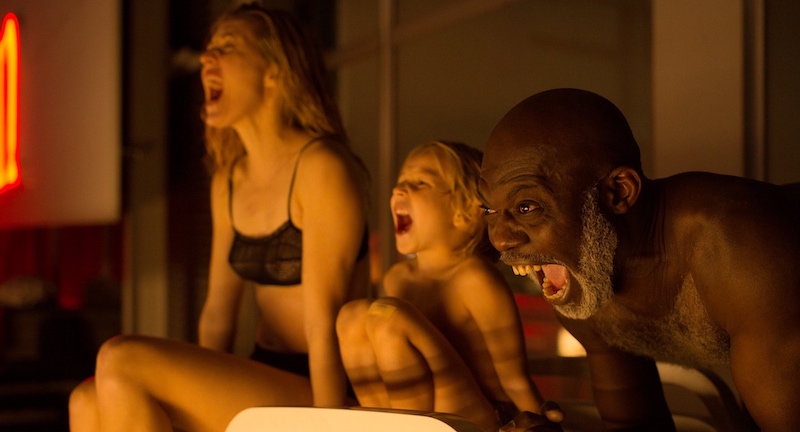
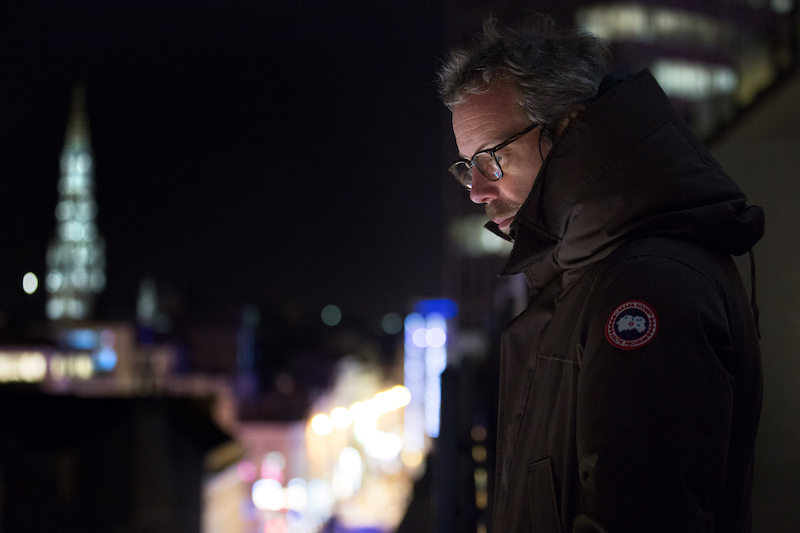
The SBC and Mediarte sat down with DOP Frank van den Eeden SBC,NSC to talk about past and future, his personal approach to projects and the importance of collaboration on the set. The diverse and impressive career of this honest personality is greatly appreciated by his colleague DOPs and his work has been praised nationally and internationally on several occasions. Frank is best known for his work with directors Fien Troch, Nanouk Leopold, Jan Verheyen and most recently with Lucas D’hondt. The feature film ‘Girl’ was rewarded with four prizes at the Cannes Festival 2018, including the ‘Golden Camera’ and an ASC spotlight nomination for Frank.
Can you briefly outline your career from the very beginning to where you stand today as a DOP?
FVE: It all started more than 20 years ago, during the now almost forgotten” analogue “era. The period where “Super 16” was still the norm. I took a course in directing at St Lukas Brussels, during which they allowed me to focus more on camera work, as at the time they did not have a dedicated cinematography department. So I ended up receiving more individual cinematography lessons from my mentors Willy Stassen and Walter Van den Ende and I will always be grateful for them.
After graduating, I followed the rather classical route of being an assistent for two years in the camera and lighting department. But it soon became clear to me that I wanted to focus more on being a cinematographer. So I started to shoot numerous short films as a cameraman. After about 4-5 years, the assignments changed organically from short films to slightly bigger drama work, eventually ending up with doing feature films. Today I am mainly active in that area.
What stimulated you as a young guy to choose a career in filmmaking ?
FVE: It is difficult to define exactly what it was that stimulated me. But ever since childhood, there has always been this passion for film. I am a child of the 80s and watched an enormous amount of TV, devouring ridiculous amounts of films on VHS, all combined with a more than frequent visit to the cinema. In fact, I always wanted to be a director because I assumed that the director was the one who made a film (laughs). Later I realized that the input and responsibility of the cameraperson was much greater than I initially thought and that eventually pushed me to opt to become a DOP.
The VHS era has had an impact on many people of your generation. Which film did you personally remember most as being influential in terms of storytelling and / or camera work?
FVE: That is still ‘The Shining’ (1980) by Stanley Kubrick, which I saw at a much too young age anyway (laughs) and it left a huge impression on me. That was a very special film for me, formally extremely unorthodox. The fact that the film also did not look visually like a classic horror picture gave me a very unsafe feeling: totally new codes were used for the visual language, which in the meantime have become part of film history. The lowmode on a Steadicam was especially developed for this film and was a groundbreaking tool for that period. The lighting was also very high-key, which was atypical for a film that had to evoke a certain sense of fear. Back then I could not comprehend how this extraordinary film was made, why Kubrick had done it this way and how. If I watch the film today, I still experience the photography as fairly radical and innovative, especially in terms of framing and the length of the shots. I regularly refer to it in my own work.
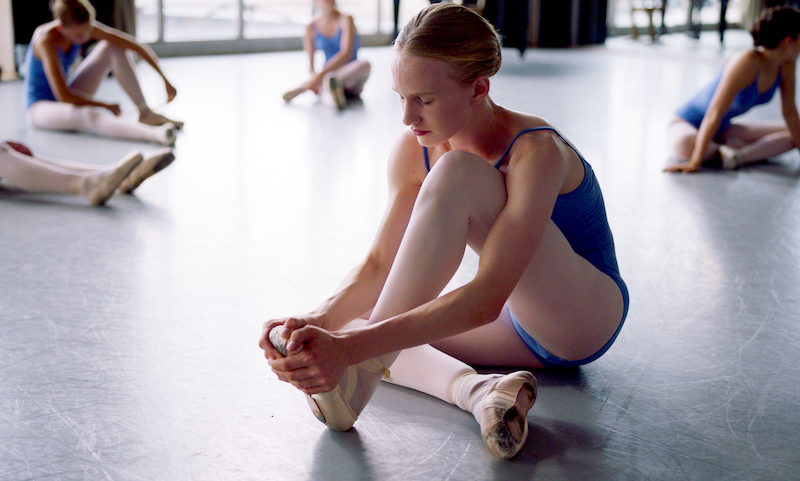
Has the international succes of “Girl” (2018) had any influence on your future projects? What has emerged from this in 2019?
FVE: The national and international success of ‘Girl’ (Lukas D’Hondt) has definitely put my work in the spotlight. However, I dare not say that it has completely changed my career in the near future. A positive change can be
What projects can we expect to see from you in the near future?
FVE: Another project that is currently in the post-production phase is ‘Animals’ (by Nabil Ben Yadir, production Films du Fleuve). A film about a brutal murder in Liège, based on true events, which again looks very different compared to all my previous work. Furthermore, ‘Zola’ is also scheduled for 2019. A Dutch production with a great script, which I am really looking forward to. For 2020 there are some projects in the pipeline, but I can’t say anything about them at this stage.

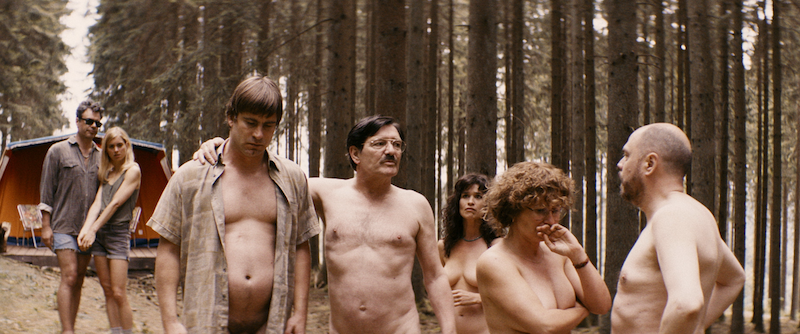
And then there is the feature film “De Patrick” with director Tim Mielants which was released recently. How did this collaboration go?
FVE: ‘De Patrick’ was a great project to work on together with Tim. (Tim Mielants is a Belgian director who has made a name for himself in international tv productions: Peaky Blinders – Netflix, The Terror – AMC and Legion – Fx network ).
‘De Patrick’ is a project that is completely different from ‘Girl’, both in story and form. They could not be further apart (laughs), but it keeps me fresh and sharp. That also means that I am happy to move on from one film set to another. A film should never be a copy-paste of what you have already done before. For me, there should never be any kind of modus operandi in
What drives you ? Is the alternation between different jobs, from feature films to commercials ? What do you get the most satisfaction from?
FVE: I experience the fact that I like making films as a kind of basic part of my existence (laughs). My main motivations are the script and the contact with the director. In terms of content, I have to be stimulated. When reading the story I have to realize that there is a very good film in it, both in terms of drama and form. I think the collaboration with the director is extremely important. You have creative people who come up with a crazy good idea on paper, but at the first meeting they turn out to be very unpleasant people. I wish them good luck, but I will not make a film with them. I try to get the best out of people, that is how I always like to work together. And I actually always expect that I get the same in return, that people give the best of themselves.
I could perfectly have a career only shooting commercials, with all due respect for the sector and people who are active in this of course, because in itself I do have fun shooting commercials. But however without doing drama I would not love my job as much because I get less artistic satisfaction out of it. For me crafting a film is just a means to achieve your goal or concept. A condition for satisfaction is first and foremost an in-depth collaboration, the feeling that you are on the same page. If you look each other in the eye at the end of a production, and you realize that all the opportunities and risks taken have led to a special end product. That moment gives me the most satisfaction.
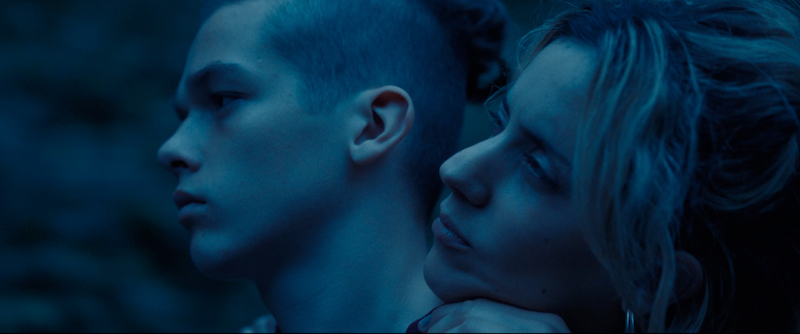
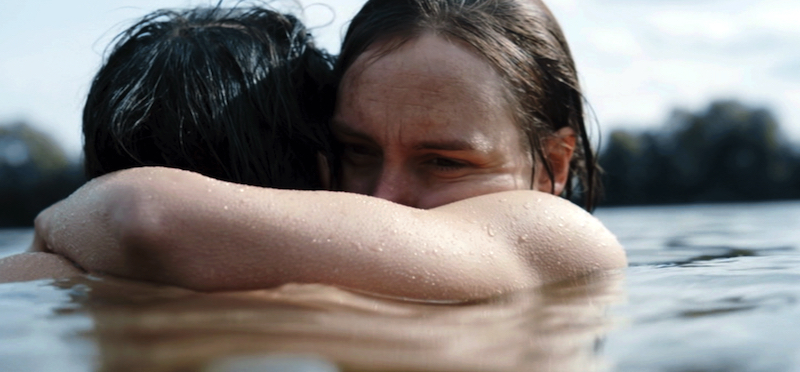
What has been your biggest challenge to date?
FVE: The biggest challenge that comes to mind is being able to develop a kind of” peace of mind “over the years, which means that during uncertain times you can be confident and calmly say:” things will pick up again. ” It is that being able to build trust hat results in opportunities. Daring to take more risks, not to crash and burn, but rather to find that what you have created stands for something, that you tried to discover new things that might be less obvious to other directors or fellow cameramen, things that they would rather avoid.
Another challenge is that we work in an industry where you are regularly far away from home or when you do work close to home, work ridiculous hours (laughs). So it is far from ideal on your personal life. It can be very demanding for the partner. This can cause issues and so it is not easy to find a balance to have a family while working. Time and time again when I meet colleagues this is a topic of conversation. It is an issue. But if you ask them whether they would consider changing careers to solve the problem the answer is always ” No”.
A question often asked by the younger generation of aspiring DOPs is how do assignments end up with you? Can you provide some insight into how this works and what makes you choose a certain project?
FVE: I have a track record, a kind of mini catalog of projects that can be screened. Directors do watch my work, but when they come in contact with me, it seldom happens that they refer to this. When I go to a meeting, I know in advance whether they really want to work with me or whether I am part of a top 5 with whom they may want to work and with whom they first want to test whether it clicks. To the younger generation, I find it very difficult to formulate an appropriate answer to that question. Although, perhaps there is one golden tip that I personally find really important: “Don’t be an asshole!” If you claim to be creating an artistic product with a crew, you must also guide that group of people appropriately, with everything you have and all your abilities. The common objective should always be to make the best possible film. You cannot possibly achieve this if you at least do not have the necessary social skills that allow you to listen and act appropriately. It remains a creative process that you are involved in and by permanently blocking it, by not being open to other ideas, you reduce your chances to be asked again for a new project. And that is sometimes detrimental to the further course of your career, regardless of the fact that you are an excellent cameraman. Social skills are of the utmost importance and always have been.
But it is not black and white either. I would rather work with a director that I agree with but perhaps have a discussion with once in a while that leads to a great idea, than with someone who is too indulgent and tries to avoid every conflict. It is a case give and take and you must always be willing to defend your idea. Sometimes it may require a little more explaning to be able to communicate that idea clearly to someone. But, if you’re an asshole, I wish you the best of luck! (laughs)
You recently started working with agents in Paris and overseas. Can you explain this cooperation a bit more?
FVE : The international succes of ‘Girl’ has brought me in contact with these agents. They take a lot of non-creative work off my hands, which creates more time and space for me to really focus on the artistic, substantive aspects of my job. The number of offers continues to increase and so the follow-up of this is in good hands now.
An agent will in principle not be able to get me booked on a film of which the director has no interest in working with me. That is almost impossible and I personally would not want that either. They do take on a kind of facilitating role, to initiate the first contacts and to intervene where and when needed. It remains your personal exposure and portfolio that ensure that you receive offers. It is therefore not the case that having an agent will automaticly get you more job offers.
In the commercials circuit that might be somewhat different. You end up in a pool of talented colleagues represented in the agency , and if they are not available for a certain production, the agent may say:” why not book Frank for that job?, let’s give it a try. ” This will not happen that often with feature films.
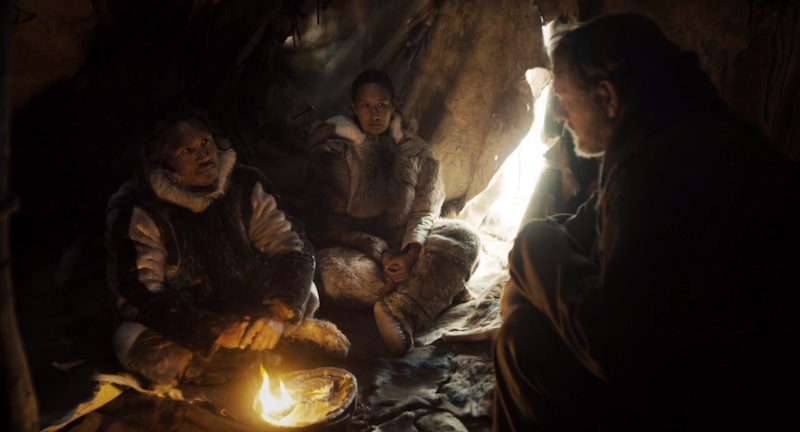
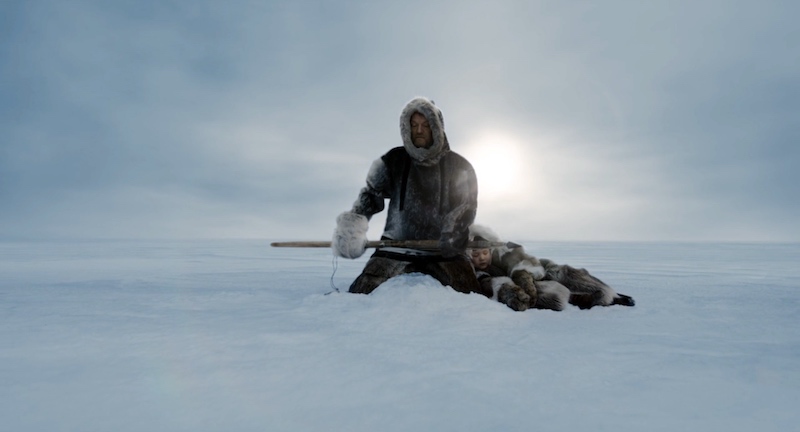
The Dutch cinematographers association (NSC) launched a manifesto in the spring of 2019. Dutch cameramen are frustrated because they cannot perform their work optimally. Too often a shoot starts before the script is finished or it is still unclear how to execute it.
FVE: Proper preparation is of fundamental importance to get through a production period well. “Failing to prepare is preparing to fail”. If you have to discover your film artistically on day one, I don’t understand what you’re doing. The look of a film is something you develop in prep. When I read the NSC manifesto, I fully agree that prep is an extremely important step in the filmmaking process. However, this has always been the case for me. Thorough consultation and pre-visualization, with the technical crew and director, I have always insisted on before the start of the first day of shooting.
There is also reflection among my Dutch colleagues on the fact that Dutch films, compared to eg Flemish films, get little international response or exposure. The cause of this is also a mystery to me. What is written in the manifesto may not be a cure for the symptoms that the Dutch film is currently suffering from. But what I am sure of, from personal experience, is that the recommendations included in the manifesto are all necessary to be able to make an interesting film. Discart them and you simply won’t succeed.
What about the difficulty to have a normal social life of a DOP? How do you deal with this precarious factor of your profession? And what about any guidelines that apply in the film sector?
FVE: As far as I’m concerned, I have the best job in the world. It may be a cliché but I don’t see my job as work, but at the same time it can sometimes be tough: working hour can be long, sometimes months abroad and periods of uncirtenty about what the future will bring. It’s all part of it.
Finding a balance between work and private life sooner or later becomes important. Having too little work is not nice. Too much work or too long shooting days also can cause problems.
I also think that an important part of my job consists of helping to come up with a realistic and feasible schedule. The time when one worked day and night and accepted it are long gone. And honestly I don’t want to go back. Who can still be focused after 15 hours on a set and do interesting work?
Can a union be off some use to help prevent such work practices ? That is a difficult question, perhaps, but a union may also be too rigorous in its regulations. Sectoral agreements should not have a crippling effect, filmmaking does not happen from 9 to 5, not in my experience anyway. I do not mean that no agreements are needed, as with many other sectors it is nice to have a sort of safety net, but being too strict about it is not always the best thing for the film either.
Finally, what goals does Frank van den Eeden still want to set and achieve for himself?
FVE: Only focusing on projects that are really close to my heart is what I want to keep doing. In fact, it is an extension of what I do today. If I can continue to make projects my way, according to my own approach; but instead of reaching only 50,000 people with them, being able to reach something like 50 million, then I am a very happy person (laughs). “
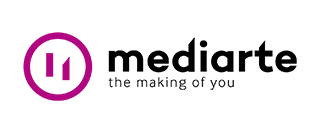
Interview in coorporation with Mediarte and Louis Van De Leest.
Cover photo & portrait photo Frank by Jo Voets , nestor of the Belgian set photographers with a 100 credits to his name: https://jovoets.squarespace.com/dop
